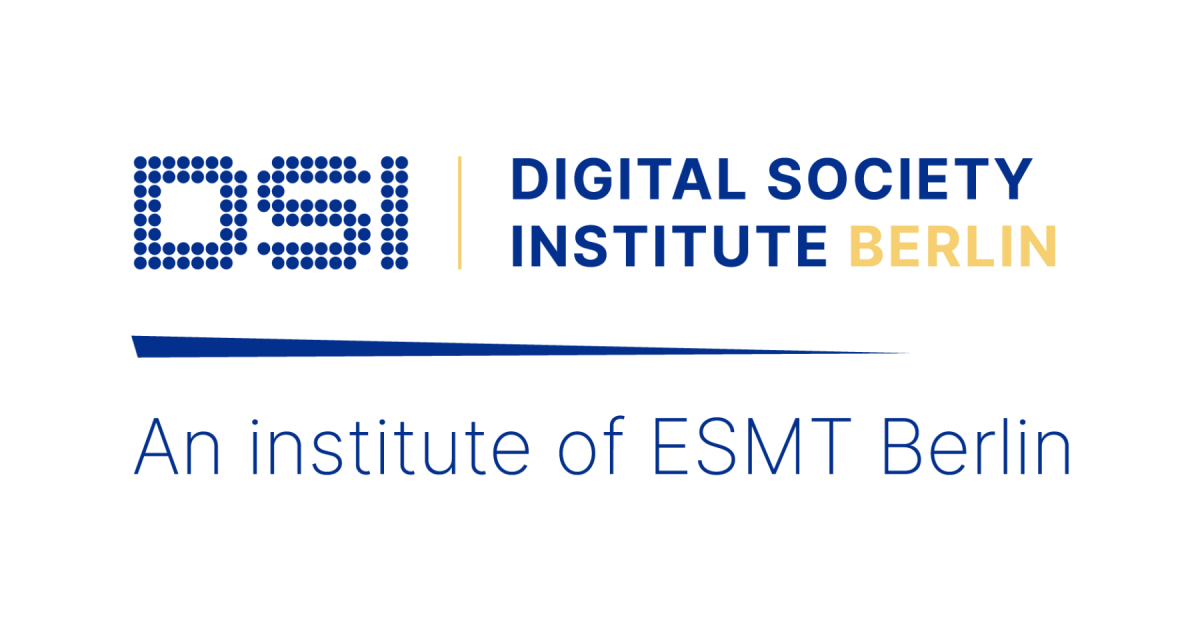Sanction the use of cyberweapons, not the weapons themselves

Pleil and her colleagues conducted the literature review on challenges and obstacles facing the development of arms control measures in cyberspace. This review, augmented by expert interviews, identifies key hurdles in developing robust cyber arms control measures.
The following challenges were identified:
- Lack of definitions. A fundamental challenge for establishing arms control in cyberspace is the lack of clear, uniform definitions of key terms, such as ‘cyberweapon’, especially since the conventional definition of a weapon does not truly capture a ‘cyberweapon’. It is difficult to agree on what would be controlled in an arms control treaty if what you want to control cannot be explicitly defined.
- The dual-use-dilemma. For example, a computer, USB stick, or software can be used for civilian as well as military purposes. Therefore, no clear line can be drawn between these different use scenarios, which is why the products cannot be banned in fundamental terms for arms control. You can ban nuclear weapons, but you cannot ban USB sticks or computers.
- Verification. Finding suitable verification mechanisms to establish arms control in cyberspace is extremely difficult. For example, for cyberweapons, it is not possible to count weapons or ban an entire category, as has been the case with arms control agreements for traditional weapons.
- Technological progress. Tools and technology for cyberattacks are changing rapidly. This means the development of new weapons outpaces regulatory efforts; by the time a regulation is discussed, the technology used has advanced.
- Role of the private sector. Due to the dual-use factor, states do not have sole control over means used as weapons, but non-state actors also have ownership and operational rights in this domain. Thus, the private sector would need to be involved and committed for arms control to be effective.
- Lack of political will. Political will is crucial for establishing arms control measures, but states are reluctant to do so within cyberspace. Countries are just discovering the strategic value of cyber tools and have diverging interests. Complying with a new treaty on the use of cyber tools risks them missing out on potential advantages - in addition, the current geopolitical climate is another major challenge.
“According to the literature and experts, neither the control of a cyberweapon nor any other technological regulation for cyberspace will work,” states Pleil. “Instead, the focus must be on banning certain actions, since experts do not see any chance for verification mechanisms, especially because of the high level of intrusion that would be required.”
Traditional measures of arms and weapon control cannot be simply applied to cyberweapons. Instead, new alternative and creative solutions must be created. By defining and sanctioning the uses of weapons, rather than the tool itself, this would allow agreements to be made and upheld, regardless of the pace of technological development, for example.
This research was published in the Zeitschrift für Außen- und Sicherheitspolitik and can be viewed here.
About the Digital Society Institute
The Digital Society Institute (DSI) at ESMT was founded in 2016 with a mission to bridge technology and society through research, education, and capacity building activities that place digital trust, privacy, and human rights at the center of digital development. The DSI has built a strong reputation for conducting applied research at the intersection of technology, society, and the economy, becoming a trusted source for expert advice on various aspects of digitalization, such as secure digital identities, digital diplomacy, internet governance, EU digital and tech policies and German IT law. By expanding the scope of its work, the DSI became a leading knowledge hub on digital technology, regulation, and cybersecurity issues, with a special focus on European technology policies and regulation.
About ESMT Berlin
Quick links
